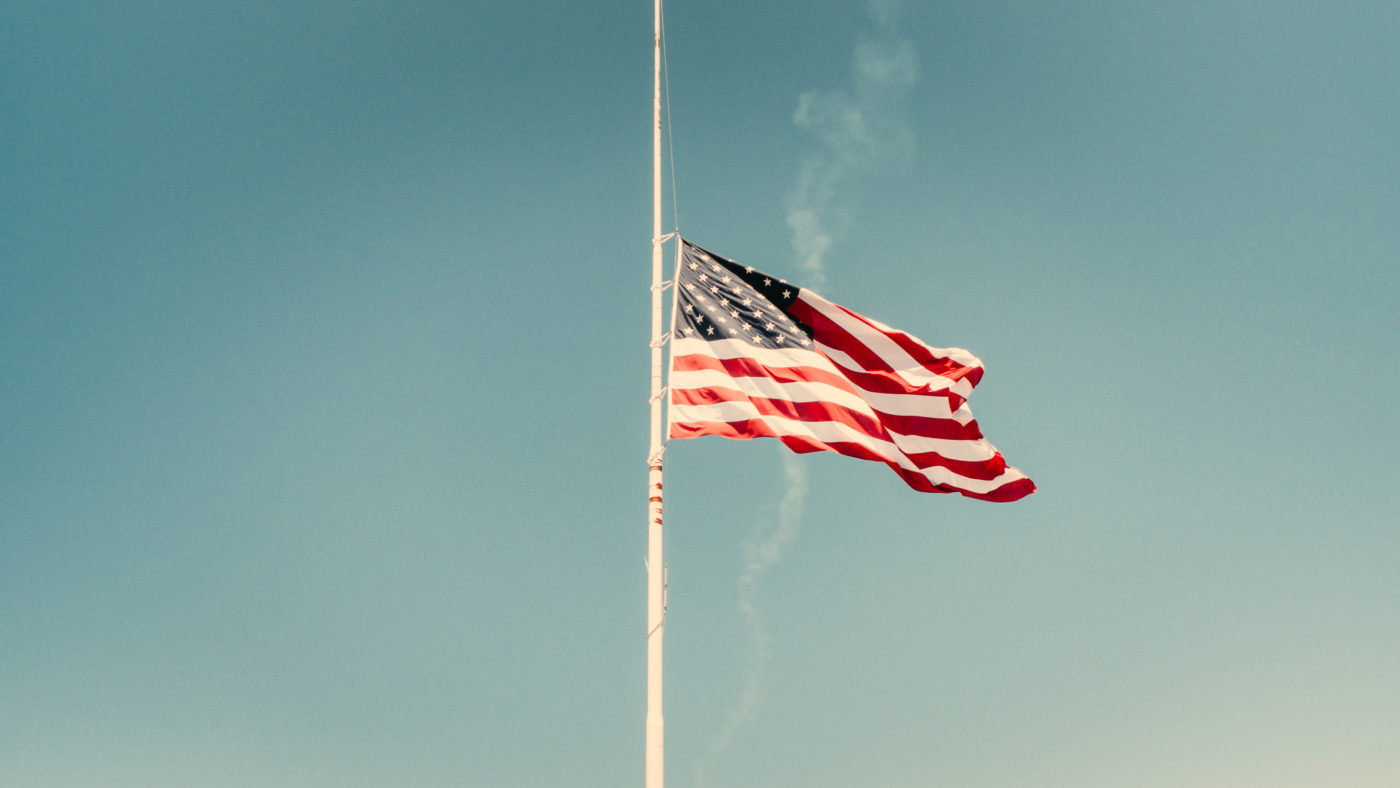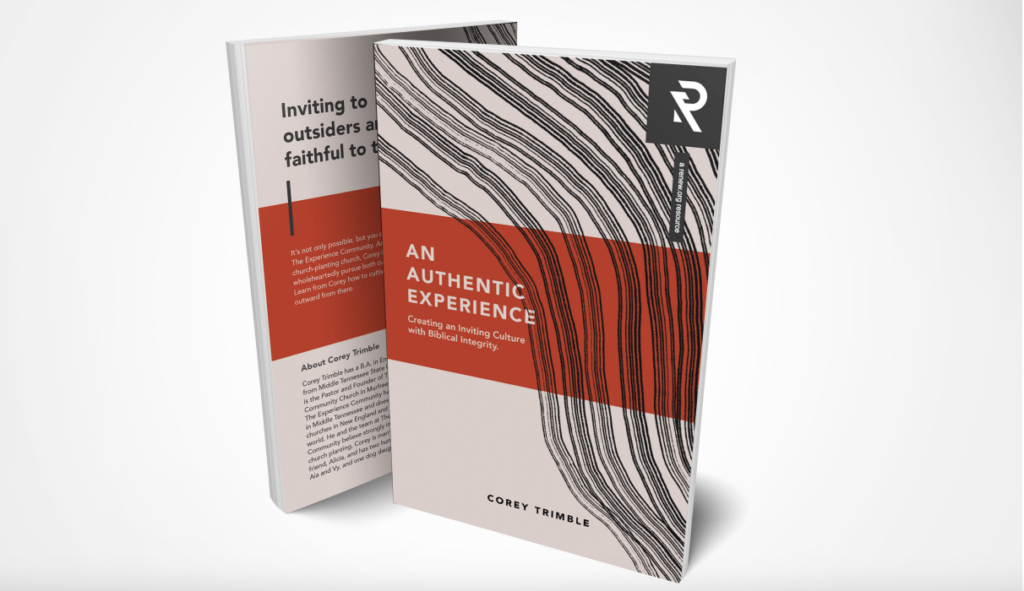
3 Ways to Respond to Mass Shootings
Have you heard of the “Serenity Prayer”? Although the original prayer written by theologian Reinhold Niebuhr is longer, here is the prayer as it is commonly quoted:
“God, grant me the serenity to accept the things I cannot change, courage to change the things I can, and wisdom to know the difference.”
It’s a popular and beautiful prayer. But let’s bring it down from wall décor and ask how it applies to real world tragedies we hear about on the news. Specifically, how would the Serenity Prayer work when you’ve just seen a headline describing yet another mass shooting?
When we hear about a mass shooting, should our response be to feel serenity? I should hope not. How about courage and resolve to change things? Yet it remains unclear what a person can actually do about such tragedies. Politicians will debate political solutions. Although political debates are not unimportant, law and justice usually lag multiple steps behind the tragedies themselves. What can we do—at home scrolling on an iPhone? It feels helpless.
“What can we do—at home scrolling on an iPhone? It feels helpless.”
The vividness of watching the event from the palm of your hand combined with the helplessness of being perhaps states away and hours after the event makes the Serenity Prayer confusing: Does this event fall within the changeless facts I’m supposed to accept with serenity or within the impactable events that call for courage?
And, when there are moments you’re able to do something to try to right the wrong, when does courage cross the line to become vengeance—which is God’s alone to repay (Rom. 12:19)? Or, when you find yourself paralyzed and unable to do anything, when does serenity cross the line and become complacency?
Depending on which pieces of the prayer are emphasized (and which are left out), three responses emerge. Chances are, you’ll tend toward one of these responses, so it will be helpful to name them and see how well they work.
Response #1 – I Want Justice (but for just us).
When you see that even a streaming service such as PureFlix advertises violent movies, it’s safe to say that violent entertainment is pretty mainstream here in America. As a culture, we apparently enjoy watching violence.
That’s not to say, however, that we necessarily enjoy violence for violence’s sake. Most of us can feel the difference between when we’re watching gratuitous violence meant to appeal to our basest impulses and when we’re watching something violent happening in the name of justice for a good cause.
In the real world, it’s sometimes hard to tell the difference.
Violence in the real world is often done with the person feeling like they’re just dealing out justice—because of something another person did or because of something another person has. To borrow from the movie Gladiator, a person might be as heartless as the crooked Emperor Commodus but feel as justified as the gladiator Maximus.
This is especially the case when it comes to defending one’s own brotherhood. It has been disheartening to hear people go from raging prosecutor to doting grandmother or vice versa depending on which group is rioting or shooting. In their perspective, one side is simply fighting for justice, while the other side is irredeemably corrupt and knowingly malevolent.
“In their perspective, one side is simply fighting for justice, while the other side is irredeemably corrupt and knowingly malevolent.”
Soviet dissident Aleksandr Solzhenitsyn spent eight years in the Gulag for criticizing Stalin in a private letter. Of all people, he had reason to hate the other side and defend his own. Yet Solzhenitsyn said,
“If only there were evil people somewhere insidiously committing evil deeds, and it were necessary only to separate them from the rest of us and destroy them. But the line dividing good and evil cuts through the heart of every human being. And who is willing to destroy a piece of his own heart?”
If we’re looking for a pattern when it comes to the perpetrators of recent tragedies, the only conclusion we’ll be able to make with confidence is that the violent people are, well, violent. Beyond that, these people are all over the map culturally, politically, and ethnically.
When it comes to political affiliation, we’ve seen violence from the far right and the far left. There are people who are mentally unstable and suicidal, and others who seem very tactical and calculated. Targets hit range from churches to night clubs, elementary schools to massage parlors, movie theaters to McDonald’s. Even though most often we see young men using guns, a group of teen girls accomplished the same effect by stabbing a 15-year-old girl to death and streaming it live on Facebook.
“Violence is a human thing.”
Violence is a human thing. Thinking it’s a unique trait of this or that group makes us naïve and tribalistic. And if we too tend toward anger or violence—mistaking them for a noble courage—the us-versus-them thinking sets us up for becoming the thing we assume we hate. While we assume we hate the violence, it might just be that we’ve begun hating the other people, a state that only begets more violence.
Anyone who picks sides when it comes to which humans are good and which are evil needs to go back to Christianity 101. We are all snakebit by Eden’s serpent and capable of venomous atrocities.
“Anyone who picks sides when it comes to which humans are good and which are evil needs to go back to Christianity 101.”
Response #2 – I Want Peace (but through disengagement).
In light of our propensity to respond to hateful deeds with hateful hearts, perhaps the way to engage with mass shootings is to disengage our feelings altogether. That’s the way of the Buddha.
In most pictures you’ll see of the Buddha, he’s tough to read. In the picture, you won’t find him looking grumpy or even stern. Yet the ever-so-slight smile and raised eyebrows don’t quite rise to the level of “happy” either. What is he supposed to be feeling?
The Buddha is hard to read because he was determined to respond to reality without strong feelings one way or the other. His goal was neither highs nor lows, but equanimity. Calmness, equilibrium, composure.
But what about when something tragic happened? Would catastrophe break the Buddha’s poise? No, because he was convinced that all of life was impermanence and suffering. Neither the birth of a child nor the death of a spouse would change the universe’s fundamental futility. We shouldn’t grieve the bad even as we shouldn’t cling to the good—because it’s all impermanent.
In fact, one of the most destructive vices according to Buddhism is to feel strong negativity toward anything. Buddhism teaches that strong dislike or hatred, often called “aversion,” is one of the so-called “three poisons” which give rise to all the problems in the universe. Because of the danger of strong negativity, Buddhism teaches all sorts of techniques for responding to an evil action in a cool-headed, passive way.
“Buddhism teaches all sorts of techniques for responding to an evil action in a cool-headed, passive way.”
For example, if someone does something evil to you, in order to avoid a negative response, you could reason that—at some point in the endless cycle of past rebirths—the evildoer was once your mother. Thus, if the person was once your mother, then you can look past the wrong and feel dispassionate toward the evil.
Another method: Since everything that happens in this life is caused by previous actions (e.g., by karma), you can just chalk up an evildoer’s actions to karma. That way, you will be less likely to get angry and experience negative emotions toward the offender.
Such equanimity toward evil might lower blood pressure and seem virtuous. Yet what does it actually solve when it comes to the horrors of this world? Whereas the goal in Christianity is glorious restoration of a fallen creation, the goal of Buddhism is escape. The point is to escape into the unknowable nothingness of nirvana. As such, Buddhism cultivates acceptance of the problem but without any of the true serenity that comes from trusting in a God who actually solves problems.
Response #3 – I Want Serenity and Courage.
When seeing His beloved creatures killing each other, God is no Buddhist. When the earth became filled with violence, God “regretted that he had made human beings on the earth, and his heart was deeply troubled” (Gen. 6:6). Grief became pent up wrath until at last, the “springs of the great deep burst forth, and the floodgates of the heavens were opened. And rain fell on the earth forty days and forty nights” (Gen. 7:11).
The God of the Bible hates violence (Pr. 6:16). That’s why we find Him always doing something about it. “Always” isn’t hyperbolic. The God of the Bible is always fighting violence.
“‘Always’ isn’t hyperbolic. The God of the Bible is always fighting violence.”
Here are some ways God fights violence: Knowing the wrongness of murder and violence is part of God’s “law written on their hearts” (Rom. 2:15). Violent cultures find themselves under judgment from inner rot (Ps. 7:16) and outer wrath (Jon. 3:8). After the floodwaters receded, God was clear: “Whoever sheds human blood by humans shall their blood be shed; for in the image of God has God made mankind” (Gen. 9:6). “You shall not murder,” He said as part of His 10 Commandments (Ex. 20:13).
Jesus came and instituted an even stronger way to halt the advance of violence. He did this by crafting a countercultural community who traded their natural reactions of revenge and envy for supernatural reactions. Whereas it’s the world’s default reaction to hate those who hate them and hurt those who hurt them, Jesus trained His disciples to love their enemies and pray for those who persecute them. For them, it’s not the old “eye for eye” way of gouging out the world’s light (Matt. 5:38-39). Rather, it’s the reverse contagion of forgiveness and acceptance which show people a new, vibrant way of really seeing each other.
“Jesus came and instituted an even stronger way to halt the advance of violence.”
Headlines of violence make us feel troubled and helpless. Of the two feelings, only one fits well for a disciple of Jesus. Like God, we should feel deeply troubled by headlines of grocery store gunmen, sex-addiction-fueled spa shootings, and work-related murder-suicides. These events should trouble us. But we, of all people, should never feel helpless.
Why? Well, because disciples of Jesus are on the frontlines of battles which, if unengaged, can lead to alienation, desperation, and violence. We are fighting loneliness with community. We are fighting envy with blessing. We are fighting revenge with grace. We are fighting us-versus-them hatred with neighborly love. You and your church can’t prevent what happened a few hours ago in a faraway state. But you and your church can be a light for people in your town who otherwise could have hope snuffed out.
“Disciples of Jesus are on the frontlines of battles which, if unengaged, can lead to alienation, desperation, and violence.”
Ours is not a passive serenity that scrolls past headlines with dispassionate disengagement. Neither is ours a knife-sharpening nervousness that grumbles about “those people.”
Ours is a courageous serenity that trusts in a God who hates horrific headlines and calls us to do something about them.








